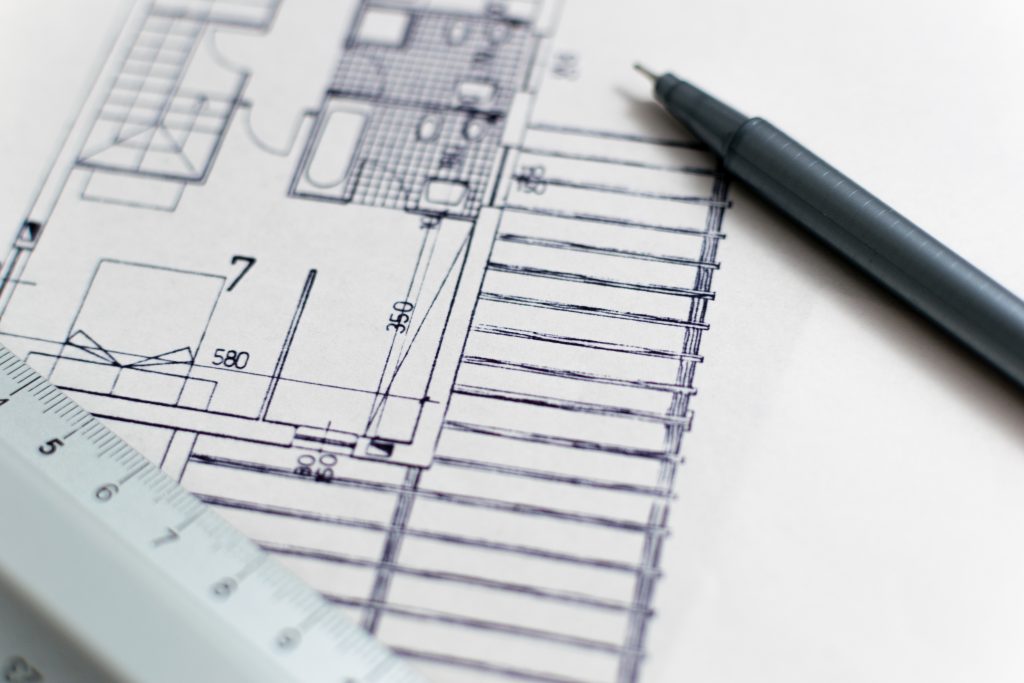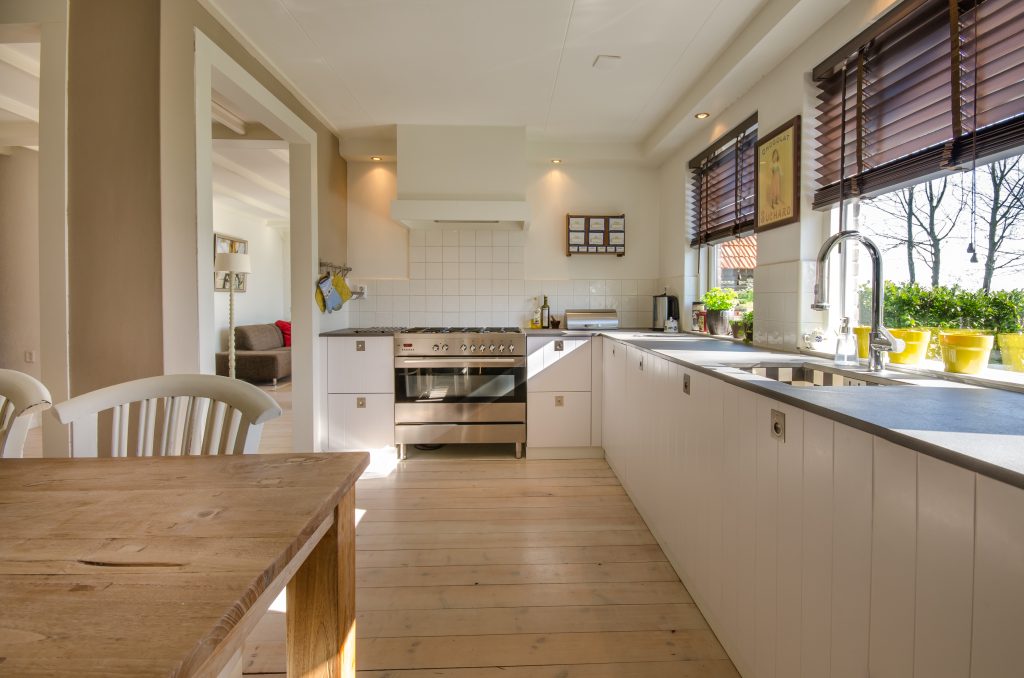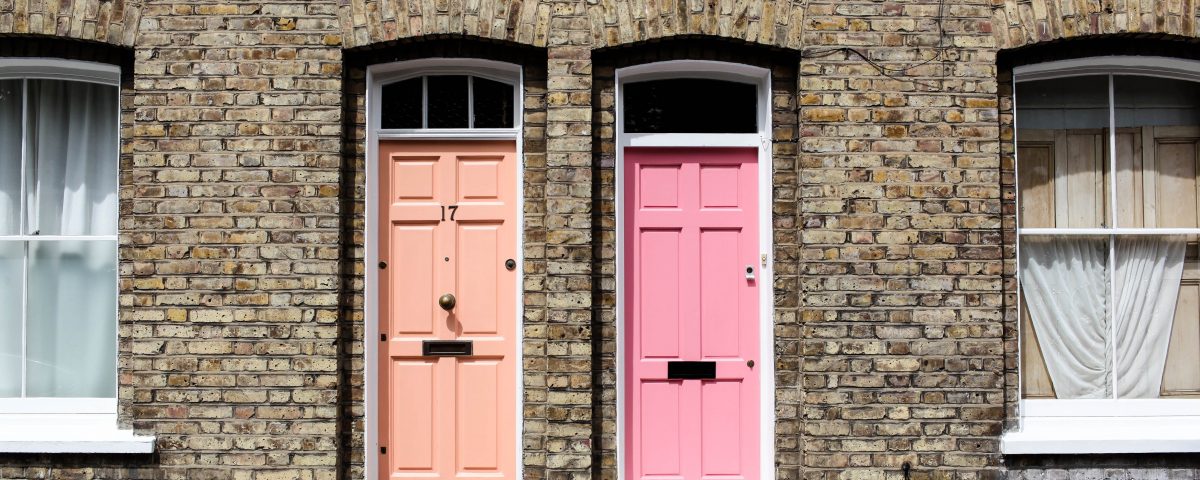Make The Move vs Renovate: Your New Home in 2018

Adding Value to Your Home
30th January 2018
OM Magazine, Issue 110, March 2018
26th February 2018The excitement of Christmas is over, and you have settled into the New Year. Maybe you were waiting for the festive period to die down before you focus on a big change for your family – moving house.
Spring is traditionally the best time to put your house on the market, so if you are thinking of selling up, get ahead of the game and start making your house presentable to potential buyers now.
On the other hand, many families have a lot of reasons why moving may not necessarily be the best option for them, so taking the time to renovate your current house may be more efficient.
When it comes to choosing whether to renovate your current home or move, there are a number of important factors to take into consideration. Apart from the obvious costs, there are also factors such as location, emotional attachment and prospective time frames. We outline the benefits of both to help you come to an unbiased decision.
ADVANTAGES OF RENOVATING:
To start, let’s look at the advantages of renovating your current home. Perhaps the most important point is that a renovation will cost you less than a new home – if you budget correctly. Thankfully, a well thought out renovation project will not empty the bank as much as starting fresh. What makes this option more affordable is that fact that you can update your rooms one at a time, allowing you to control the workflow alongside your available budget.
It is important to keep track of your spending, as a renovation can quickly add up. Planning is key- it’s a lot cheaper and easier to rectify problems on paper, than it is to knock down a wall once you change your mind.
EMOTIONAL ATTACHMENT:
If you choose to renovate, you will be in familiar surroundings. If you have lived in a house for a number of years, chances are you know your way around. You will have friends in the area and trustworthy neighbours. If you have children who are settled into school and you don’t want to uproot them, then renovating may be the way to go.
Location is also an important factor when it comes to choosing. A great location is hard to find- so if your current home has great transport links, on a quiet street or close to local shops then this may be worth keeping hold of.
Forget money and location for a second- it is important to listen to your gut on this one. Do you simply love your house and can’t bear the thought of leaving? If you have a lot of memories in one place, simply leaving it behind isn’t so easy.
Emotional attachment can be a concrete reason to renovate, even if the house does have a few problems that can’t be fixed.
ADVANTAGES OF MOVING:
On the other hand, sometimes moving is the way to go. If you want to start afresh, then flying to a new nest is for you. If your current surroundings aren’t where you want to be; and it’s not something you can change yourself, then moving to a new and exciting location may look like an attractive offer.
If you make the move, chances are your new home will be in touch with modern times. Most modern builds, especially those that have been worked on to sell- will have all the expensive necessities ready and waiting.
Wooden floors throughout are a staple to an attractive new home, double glazing and other energy efficient adaptations means that your new home will more than likely be more energy efficient than your current place, saving you money in the long run.
Of course, you can set out to search for a diamond in the rough yourself, but one of the main attractions of moving is that an Estate Agent can do all the work for you. It is much easier to find your perfect home with the help of a seasoned professional; if you have the funds of course.
They can help you promote and sell your old home to potential buyers, whilst simultaneously being on the look out for your new place. Just don’t expect them to give you an unbiased opinion on the renovate vs move debate!
PLANNING PERMISSION:
When it comes to making a decision, you have to be prepared for the unforeseen circumstances that may crop up. If you are planning on renovating, you need to know whether your property is suitable. Will you need planning permission? And if so, will you be able to get it?
Making any structural changes such as knocking through walls or adding doors and windows usually requires planning permission. Internal changes are generally okay, however there are exceptions to this, so you will need to read up on what is accepted.
If you want to extend your house, you will need to check the boundaries for the easy, so it might be worth getting in touch with a property surveyor, this can help you avoid any costly mistakes.
Remodelling will of course increase the value of your property. But be careful, as there is such a thing as over-improving.
It is important to get an updated valuation on your house, so ask an Estate Agent to give you a ball park figure. It would also be helpful to get an estimated figure with the suggested renovations in mind. 
PLANNING FOR THE FUTURE:
Once you have a valuation for your own home, it is a good idea to get the estimated value of other houses in your street. It is important that you don’t over- improve your home and here’s why.
No one wants to buy the most expensive house on the block, when they can spend the same amount of money for a similar house on the same street, as 9 times out of 10 – location trumps the actual bricks and mortar.
You may have made the choice to renovate the place you’ve lived in for years- but no one knows what the future will bring. There may come a time where moving out is the only option you have- so you want to make sure you will get the best investment possible for all of the hard work you put in.
CONSIDERING THE COST:
So you’ve made your budget and put together a plan, but be sure to take into account the less obvious costs of renovating or moving. For example;
If you’re leaning towards renovating:
• Storage: to store your things whilst work is being done
• Pets: they may need somewhere else to stay during the renovation
• House surveys: to check your house is suitable for renovating
• Professional fees: depending on what you want to do with your house, you may need surveyors, architects and others
If you’re leaning towards moving:
• Arrangement Fees
• Valuation Fees
• Survey Fees
• Stamp Duty
• Conveyancing Fee
• Land Registry Fee
• Moving Fees




